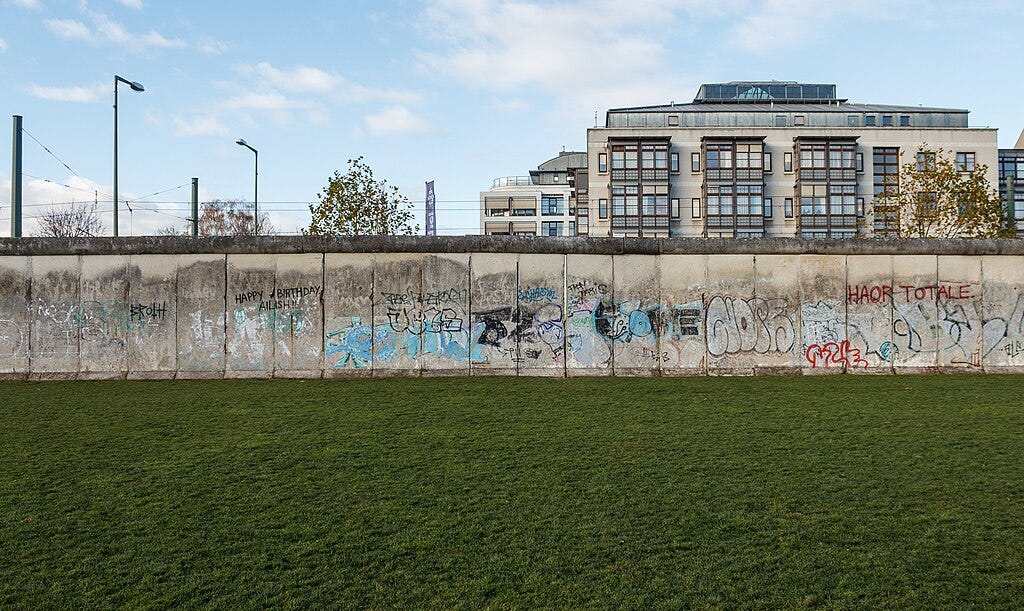13 MAY—Maybe you recall all the post–Cold War talk of a “peace dividend” and maybe you don’t: It depends on when you took up residence on this mortal coil. The term arose as the Soviet Union disintegrated and was commonly mentioned during George H.W. Bush’s presidency, 1989–1993. A dramatic reduction in defense spending, and a corresponding increase in expenditures on education, health care, and so on, was put around as one of Bush I’s outstanding achievements. That was the peace dividend.
The thing you need to know about all the talk of a peace dividend back then is that it was all talk. And the thing you need to know now, with Cold War II in more or less full swing and the proxy war against Russia raging in Ukraine, is that there is no longer any need to know anything about the peace dividend: As we speak it takes its place as an artifact of another time, a curiosity in the way of … what? … maybe Eisenhower’s promise of free electricity in his “Atoms for Peace” speech, delivered at the United Nations in 1953.
The New York Times published a remarkable piece on this topic last week under the headline, “The ‘Peace Dividend’ Is Over in Europe. Now Come the Hard Tradeoffs.” There are two ways to read this lengthy report, text and subtext.
On one hand, it tells us exactly what the head promises: European leaders, in response to the Ukraine crisis, now plan to dump a lot more money into the weapons of war and a lot less into the social-democratic apparatus—welfare programs, social programs, cultural programs—in which European citizens have long taken pride.
On the other, this piece has a special message for Americans: There shall be no more daydreaming about how good the Danes or the French have it. The military-industrial complex has crossed the Atlantic. Neoliberalism has won. It is indeed the end of history. It is “TINA” time: “There is no alternative,” as Margaret Thatcher famously used to say. The future will be no different from the present.
Keep reading with a 7-day free trial
Subscribe to The Floutist to keep reading this post and get 7 days of free access to the full post archives.




